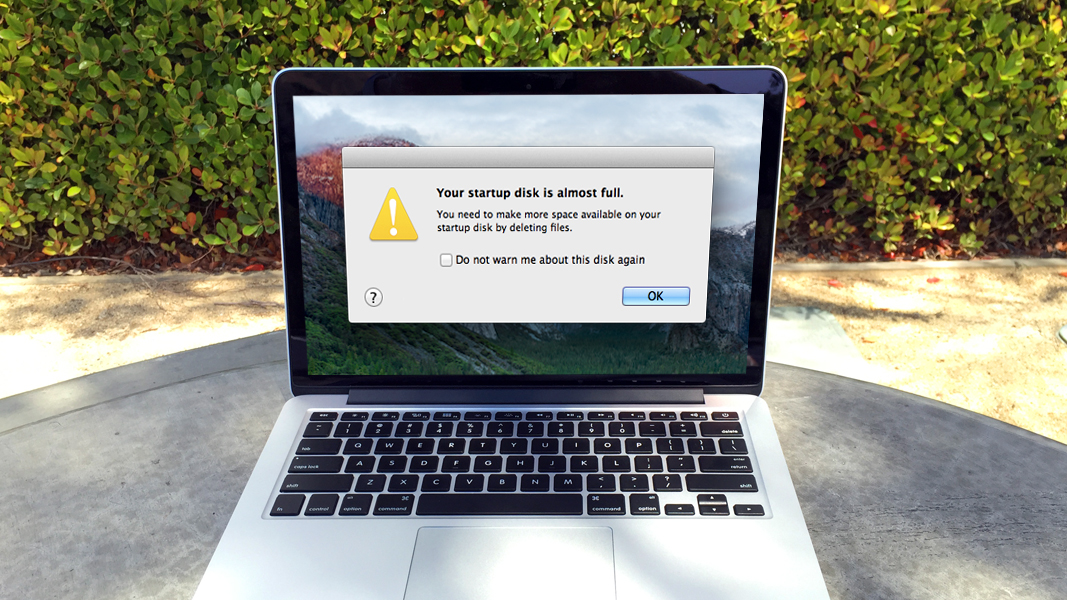
When you clear cookies on a Mac, you erase all that saved information from your browser. That’s why regularly clearing the cache is a great way to help clean up your Mac. … If you’ve never cleaned out your caches, you may have gigabytes of unnecessary files taking up space on your machine. What happens if I delete all cache files on Mac?Ĭlearing your cache deletes unnecessary data and frees up disk space. You shouldn’t run into any major issues if you delete cached files from system-level (/Library/Caches/) and user-level folders (~/Library/Caches/).

It’s good to be careful about deleting stuff from your Mac, but it’s generally safe to remove cached data. Click the arrow or press Return on your keyboard. Release the option key when you see the Startup Manager window. Start or restart your Mac and immediately press and hold the option key on your keyboard. … It will replace system files with fresh copies, hopefully making it bootable again. What is a startup disc?Ī startup disk or boot disk is a miniature operating system (OS) on removable media, such as a CD, memory stick or floppy, that can be used to boot a computer, bypassing the installed operating system when one is present. It also helps if you empty your Trash - one more purgeable category of storage. As you can see, iCloud backups were the part of that “invisible” space on your Mac. My Mac says there’s not enough disk space, but there is One way to free up your purgeable space is to disable iCloud drive optimization. Why does my Mac say there is not enough disk space? It’s important to clear your cache periodically to help protect your identity and make your computer’s applications run more efficiently. What happens if I delete all cache files on Mac?Ĭlearing your Mac’s cached data deletes the temporary media files, such as images and text files, that it gathers from sites you visit.Why does my Mac say there is not enough disk space?.


 0 kommentar(er)
0 kommentar(er)
